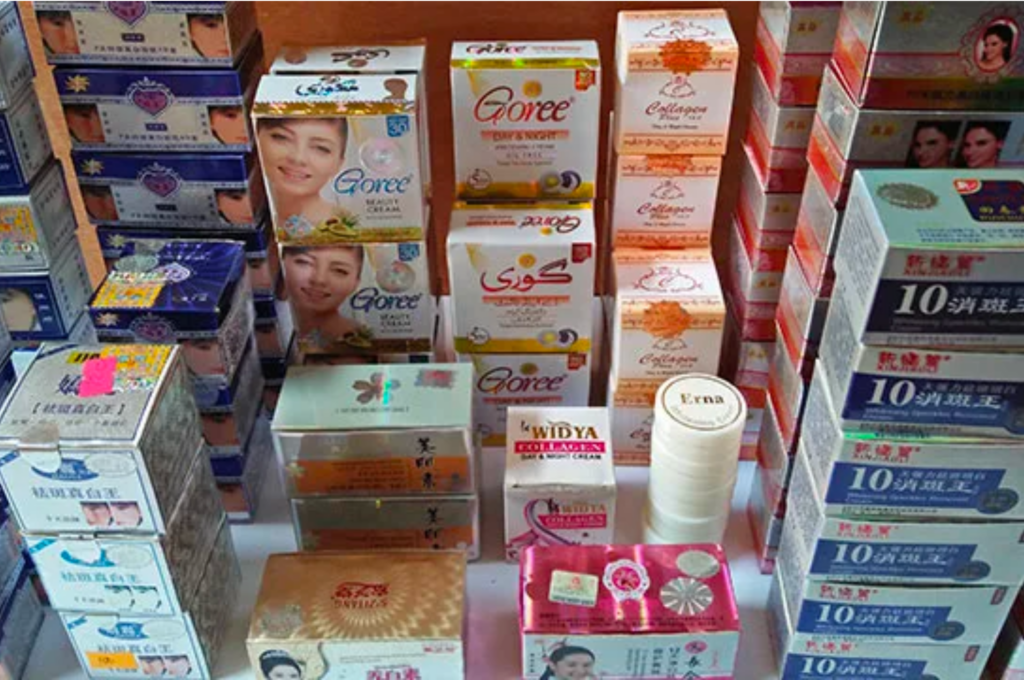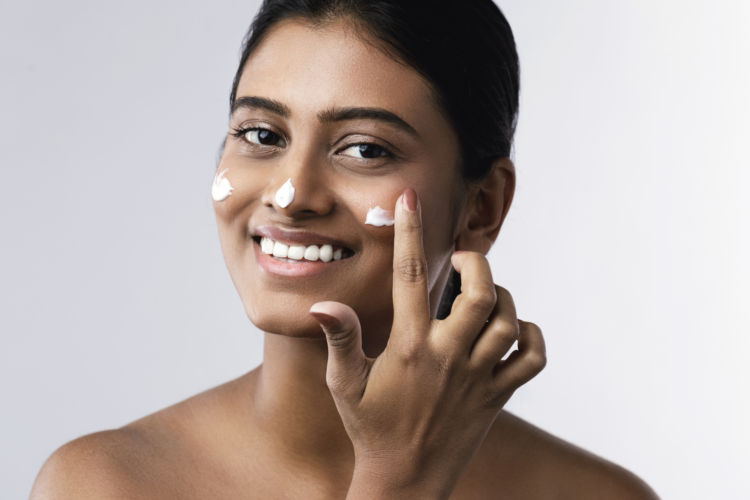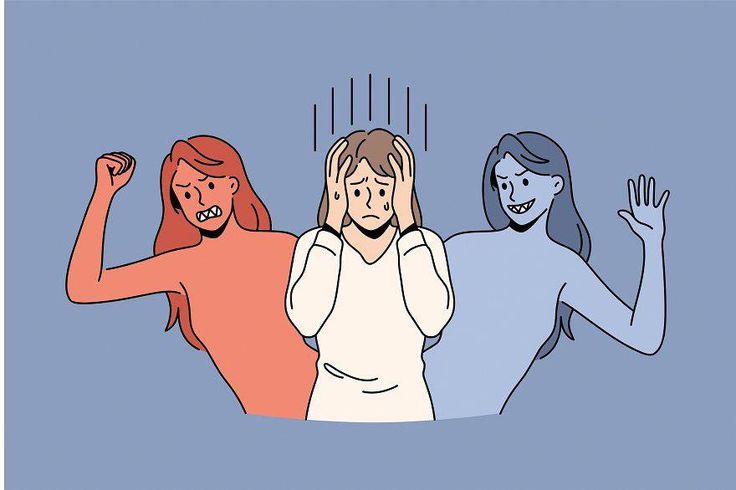In many Western countries, tan, sun-kissed skin is hailed as a beauty standard. People go to lengths to achieve a darker, golden look through the use of sunbeds, prolonging their exposure to the sun, or using tanning products. On the contrary, countries in Asia have traditionally perceived lighter skin as beautiful, allowing the skin-whitening industry to dominate the market. Despite the health risks that derive from skin lightening or skin bleaching, many people are ill-informed of the consequences and thus are greatly influenced by the damaging beauty standards set by society.
Colorism, which is the discrimination of individuals with darker skin tones, is prevalent within Asia. Even before colonization, darker skin was associated with people of lower socio-economic status who undertook laborious jobs, such as working in the fields, where they were exposed to the sun all day. Meanwhile, wealthier individuals were not subjected to the same conditions; hence the interrelation between skin tone and social status. Colorism was further reinforced when Europeans colonized many parts of Asia, where darker skin was seen as “inferior” to the lighter-skinned settlers. This ideology has been deeply ingrained in society and has been passed on from generation to generation.
The cosmetic industry takes advantage of the obsession with lighter skin, selling products that could harm its consumers. Skin lightening products can contain toxic levels of mercury that can have detrimental health effects, which can lead to kidney, liver, and nerve damage or fetal abnormalities when taken during pregnancy. Although these items should not be available in the market, cosmetic brands continue to produce their products for local merchants to sell. Since 2015, an investigation on illicit whitening products has taken place in the Philippines led by EcoWaste Coalition, a non-governmental organization focusing on a zero-waste and toxic-free future. They purchased different batches of creams and lotions from local vendors and tested them for mercury. According to the FDA, the maximum permissible amount is around 1 part per million (ppm). The investigation revealed that many of the products are beyond the acceptable range. For example, Goree Beauty Cream with Lycopeneand Goree Day & Night Whitening Cream tested for 23,000 ppm and 19,900 ppm respectively.

There is a global mercury crisis in which the skin whitening industry is heavily contributing too. Since mercury can inhibit the formation of melanin, it became a cheap alternative to use for whitening. When EcoWaste Coalition reached out to Goree Cosmetics, they stated that the tested items were fake and were sold out of false pretense under the brand name. According to WHO, around 40% of women polled from Asian countries, such as China, Malaysia, The Philippines, and South Korea, admitted to regularly using skin-lightening products, making them more susceptible to counterfeit and fraudulent trade of mercury-containing cosmetic products.
Not only do these mercury-tainted commodities damage the health of the consumer but can also have negative effects on the environment. When high levels of mercury from creams and soap enter the wastewater and onto larger bodies of water, it can affect the marine ecosystem and agriculture. When the food chain is affected, there is a high chance of mercury poisoning in the community, which can manifest as muscle weakness, numbness, or loss of senses and can be fatal.
Normally, cosmetic companies do not use mercury and opt for other chemicals such as hydroquinone and kojic acid, which can also be damaging to the skin when exceeding the acceptable dose. Hydroquinone has a long history of causing skin irritation and thinning. It is important to use hydroquinone products as suggested by medical professionals to lessen the chances of adverse effects.
The billion-dollar marketing budget for whitening products targets mostly women of color. As a consumer, it is important to undertake due diligence when it comes to purchasing skin-whitening products and make sure to read the label. But people in poverty-stricken communities are more vulnerable to buying counterfeit and illicit products that are unregulated because it is more affordable to them. Our job as a society is to break the generational ideology that skin tone can determine the worth of a person. By doing so, we can decrease the demand for these products and increase the self-confidence of generations to come.
Roselle Torres
If you found the article interesting, I also recommend this:




